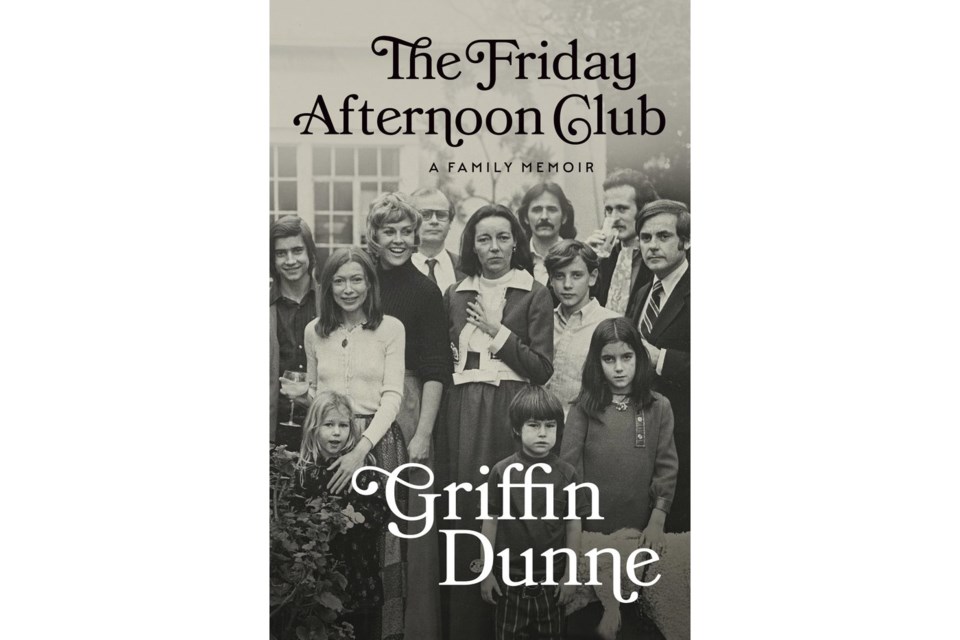grew up in New York and Los Angeles with the glitterati all around. His father, Dominick Dunne, a television executive and film producer when Dunne was young, liked to hobnob with the rich and famous. His uncle, journalist and screenwriter John Gregory Dunne, married and they became an L.A. power couple.
Growing up in the 1960s and early 1970s, he attended seemingly endless parties with Sean Connery, Warren Beatty and many others, even Judy Garland. Celebrity hobnobbing continued when Dunne moved to New York to try to make it as an actor. For his 27th birthday, Susan Sarandon brought him premium LSD from Timothy Leary. He roomed with his best friend until she hit it big with “Star Wars.”
But tragedy was always brewing close under the surface of Dunne’s seemingly idyllic life. Even as he began to make a name for himself as a producer and then an actor in movies like “An American Werewolf in London” and Martin Scorsese’s “After Hours,” his mother was diagnosed with multiple sclerosis, his brother battled mental illness and his father decamped to rural Oregon to fight his substance abuse issues.
But the biggest tragedy came in 1982 when his sister, Dominique Dunne, herself an up-and-coming actress with a role in “Poltergeist,” was murdered on her front lawn by an abusive ex-boyfriend. Dunne’s family attended the trial every day, which ended in a light sentence for Dunne’s killer. Griffin’s father later chronicled the trial for Vanity Fair, kicking off his second career as a writer and novelist.
With a breezy style, Dunne chronicles how his family got through good times and bad — despite interfamilial spats — by coming together as a family when it counted.
___
AP book reviews:
Mae Anderson (), The Associated Press



